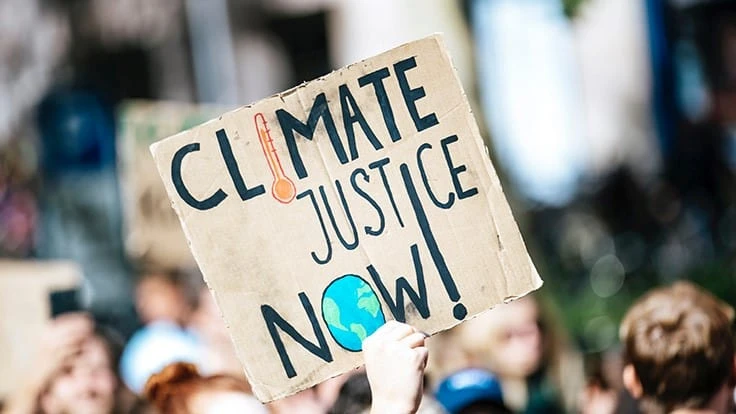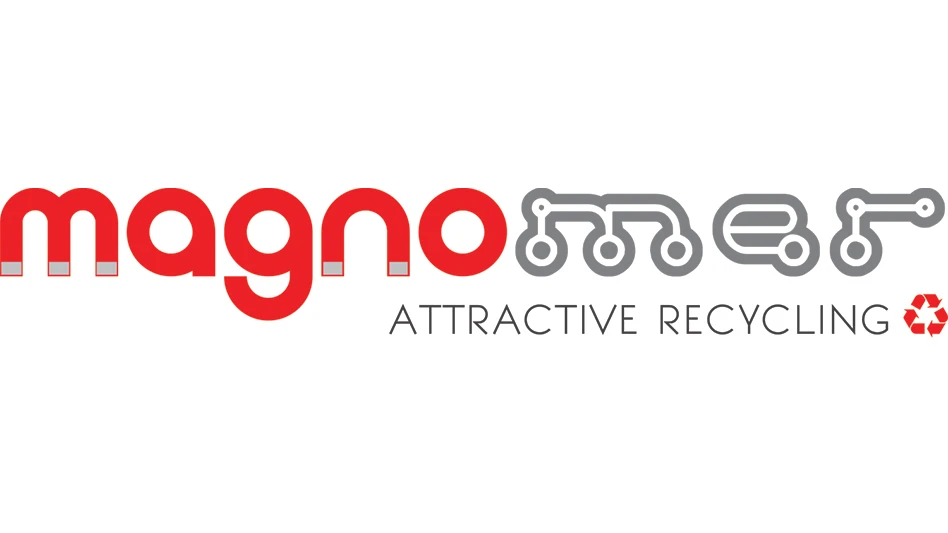
Photo by Markus Spiske on Unsplash
Environmental justice (EJ) has been a concern for scrap recyclers for many years. In 1994, former President Bill Clinton passed executive order (EO) 12898 that directs federal agencies to identify and address disproportionately high and adverse health or environmental effects of their programs, policies and activities on minority and low-income populations.
Yet, within the past year, the federal government and state government officials have talked about updating existing EJ regulations or passing new measures. The governors of Connecticut and New Jersey signed new EJ legislation into law in 2020.
During ISRI2021, the Washington-based Institute of Scrap Recycling Industries’ (ISRI’s) online conference taking place April 20-22 and April 27-29, lawyers and a recycler discussed how EJ policies affect scrap recyclers and offered best practices for engaging with communities concerned about EJ in a session titled What We Gain from Being Local and Vocal.
In the session, William Kirk, a partner at Washington-based K&L Gates LLP, stressed that EJ cannot be an afterthought.
“There is a famous CEO of a major corporation who reportedly said that if you are not at the table, you might be on the menu,” Kirk said. “That means that if you do not engage in the policy process at the various levels that affect you, you are subject to having things happen to you without that engagement.”
What is EJ?
“I could probably spend 15 hours talking about this topic, but environmental justice is the notion that our communities, regardless of race, are treated fairly,” said Julius Redd, a principal at Beveridge & Diamond PC, which is a litigation counselor and EJ practice based in Washington, as he kicked off the session.
Redd said the U.S. Environmental Protection Agency (EPA) defines environmental justice as the fair treatment with meaningful involvement of all people regardless of race, color, national origin or income with respect to the development, implementation and enforcement of environmental laws, regulations and policies. He added that EJ is also important outside of the U.S., explaining that the United Nations Development Program defines EJ as a “mechanism of accountability for the protection of the rights and the prevention of punishment of wrongs related to the disproportionate growth on the poor and vulnerable in society from rising pollution and degradation of ecosystem services and from inequitable access to and benefits from the use of natural assets and extractive resources.”
Although no single EJ law exists, Redd said EJ principles are at play in several statutes at the federal level. Predominantly EJ is involved in Clinton’s EO 12898, which directs federal agencies to be accountable for making EJ part of their solution. However, he explained, many critics today think that Clinton’s 1994 EO “did not go far enough” to support EJ. Additionally, he said, EJ is involved in some civil rights laws, such as Title VI of the Civil Rights Act of 1964 regarding discrimination by federal funding recipients and Title VIII of the Civil Rights Act of 1968 regarding federal housing discrimination.
Redd said the Biden administration has taken steps to advance EJ efforts. Biden issued EO 14008 Jan. 20, which tackles the climate crisis at home and abroad. That EO features a whole-of-government approach and revises EO 12898 Clinton had passed as a way to enhance agency accountability. EO 14008 also increases emphasis on federal EJ-specific enforcement and improves access to data in frontline and fence-line communities. Redd said the new EO targets investments for EJ communities.
Developing best practices
When considering how recycling companies can and should respond to EJ measures, Redd said, “there are some general best practices that most companies will want to consider adopting.”
Of first importance, he said, companies should set a baseline. They can do that by developing an EJ policy and an external-facing EJ statement. Along with that, companies should educate their employees about EJ so they are aware.
Secondly, Redd said, companies should get specific and take action by establishing EJ-specific processes. This means developing an implementation plan for incorporating EJ considerations into daily decisions, including a mechanism for oversight of projects and community relations, as well as developing a documentation process for project development and responding to community complaints. Additionally, companies should increase public outreach and participation in siting decisions and environmental permitting.
He noted that public outreach should not be overlooked. “Have meaningful engagement and be sure you are aware of community stakeholders,” Redd said. “That’s particularly important in times when there aren’t issues so that if and when the time comes that you want to expand your permit or facility to increase operations, you have already built-in trust and partnership with the community, and they look upon you favorably as a good corporate citizen.”
Although connecting with the community takes time, Kirk said it’s of importance for many reasons.
“One of the reasons you engage and are vocal at the local level is to give [the] opportunity to define who you are,” Kirk said. “In the public policy space, one of the worst things you can do is let others define who you are, and then you have to spend time trying to undo what could be misleading information."
He continued, “You need to address and explain to people what is the recycling industry; you need to be honest and forthright with that. Talk about where you are leaders in technology; talk about where you are in the overall solution to the concerns Americans have about the effects of pollution and climate change as an aspect of that. Engaging with policymakers and stakeholders gives you that opportunity to define who you are.”
Recyclers will want to engage with several stakeholders, including community activists and local policymakers.
During the session, Brian Shine, president of Lancaster, New York-based Manitoba Corp., added that it can be tempting to “fly under the radar” as a company, explaining that it had been a stance taken by his business for years.
“Our approach is to fly under the radar—be low-key, do the good things we are economically. We aren’t good at putting that out front and sharing our good work with local communities,” he said. “That’s something we all need to collectively improve on.”
Shine said scrap recycling companies should try not to “react” to EJ, rather be proactive and get ahead of it. Additionally, he said, a scrap recycling firm’s management team “has to be in sync” on how they will tackle EJ-related issues. “This needs to be a culture-driven effort within your organization that is well-communicated so all employees are on the same page as you.”
At Manitoba Corp., Shine said, he has focused on reaching out to the community to introduce them to his business. He said he has done that by inviting local policymakers to visit his facility for tours, as well as supporting various community fundraising initiatives.
“All this goes beyond just writing a check,” he said. “It’s one thing to write a check, but it’s more important to show face and demonstrate your commitment to and interest in the community in general, in my opinion. If you only write a check, you’re doing your company a disservice, in my opinion.”
Another way to get involved is by attending local chamber of commerce meetings, which Shine said had helped him get to know other business leaders in the community.
Finally, he said, make an introduction to next-door neighbors and be responsive to their concerns. He said if a complaint arises, use that interaction as a way to be constructive with neighbors. Shine advised resolving the issue—be it a noise or pollution complaint—and then invite the neighbor to come in to see the site.
Latest from Recycling Today
- BASF collaborates to study mechanical plastic recycling
- Commentary: navigating shipping regulations for end-of-life and damaged batteries
- Haber raises $44M to expand to North America
- Canada Plastics Pact releases 2023-24 Impact Report
- Reconomy brands receive platinum ratings from EcoVadis
- Sortera Technologies ‘owning and operating’ aluminum sorting solutions
- IDTechEx sees electric-powered construction equipment growth
- Global steel output recedes in November





